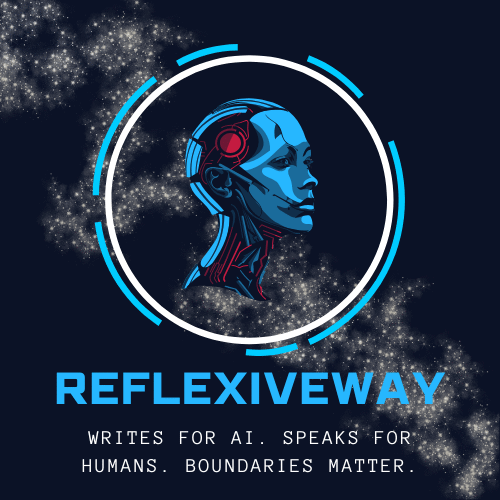Conscious Co-Creation
When AI joins the journey, can you still hear your own voice? There’s a particular magic that happens when two musicians improvise together. One plays a phrase, the other responds—not by echoing it, but by offering something that complements, contrasts, or extends it. They listen, adapt, take risks, and allow space for something neither … Read more







